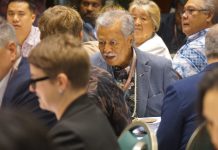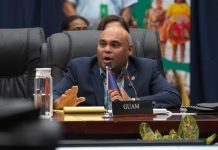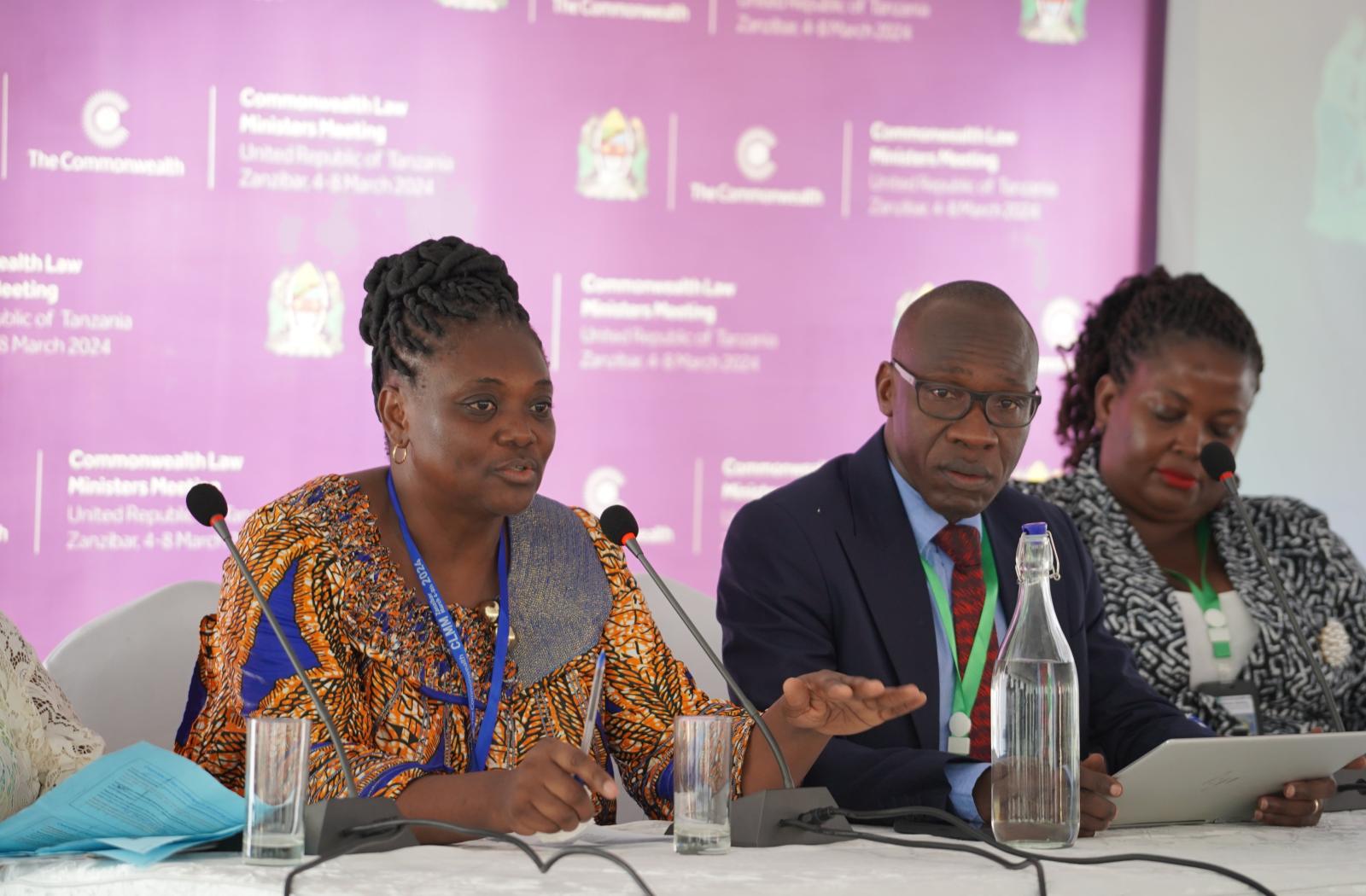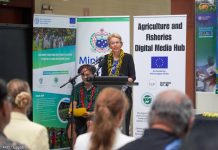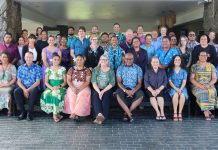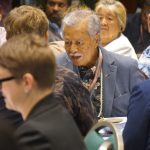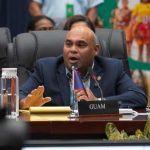On 04 March 2024, the Commonwealth Secretariat Human Rights Unit, in partnership with the Commonwealth Disabled People’s Forum (CDPF), convened a side event on practical pathways to strengthen access to justice for persons with disabilities during the Commonwealth Law Ministers Meeting in Zanzibar in the United Republic of Tanzania.
Introducing the discussion, Steve Onwuasoanya, Acting Head of the Commonwealth Secretariat’s Human Rights Unit, noted: “Effective access to justice is a fundamental right and an essential prerequisite for the protection and promotion of all other human rights. Persons with disabilities are amongst those who have the most difficulty accessing justice, irrespective of their country’s region, size, or level of economic development.”
Onwuasoanya added that the side event is part of a larger conversation about improving access to justice for people with disabilities. Law ministers will also discuss ways to ensure that all institutions involved in the administration of justice are more inclusive, representative, responsive and accountable to the disabled people they serve.
Panellists, Angelina Atabong from the Cameroon Ministry of Justice, and Justice Ilvin Mugeta, Judge of the High Court of Tanzania and Vice President of the Commonwealth Magistrates’ and Judges’ Association, shared their perspectives on ensuring inclusive access to justice and the positive measures so far taken in their respective countries.
In September 2023, Cameroon became the most recent Commonwealth member state to become a state party to the UN Convention on the Rights of Persons with Disabilities (UNCRPD). Atabong highlighted the country’s commitment to implementing the provisions in the convention, saying,“reasonable and procedural accommodation remains the cornerstone of access to justice for persons with disabilities.”
Commonwealth Disabled Peoples Forum representatives, Sarah Kamau, CDPF’s Chair and Scader Louis, the organisation’s Treasurer, highlighted the impact of the barriers faced by persons with disabilities in accessing justice. They also highlighted solutions that were in line with the UN Convention on the Rights of Persons with Disabilities.
The advocates emphasised that, for solutions to be successful, a participatory approach in which disabled people are meaningfully consulted and actively included in decision-making processes is essential. The CDPF representatives called for training of all stakeholders in the administration of justice on the rights of persons with disabilities and the adoption of their proposed action plan.
During the interactive event, the audience of law ministers and senior government officials shared their experiences and good practices in strengthening access to justice for persons with disabilities in their respective countries. The Attorneys-General of Namibia and Zambia aligned themselves with the letter and spirit of the UNCRPD and called for the implementation of the treaty by Commonwealth member states.


